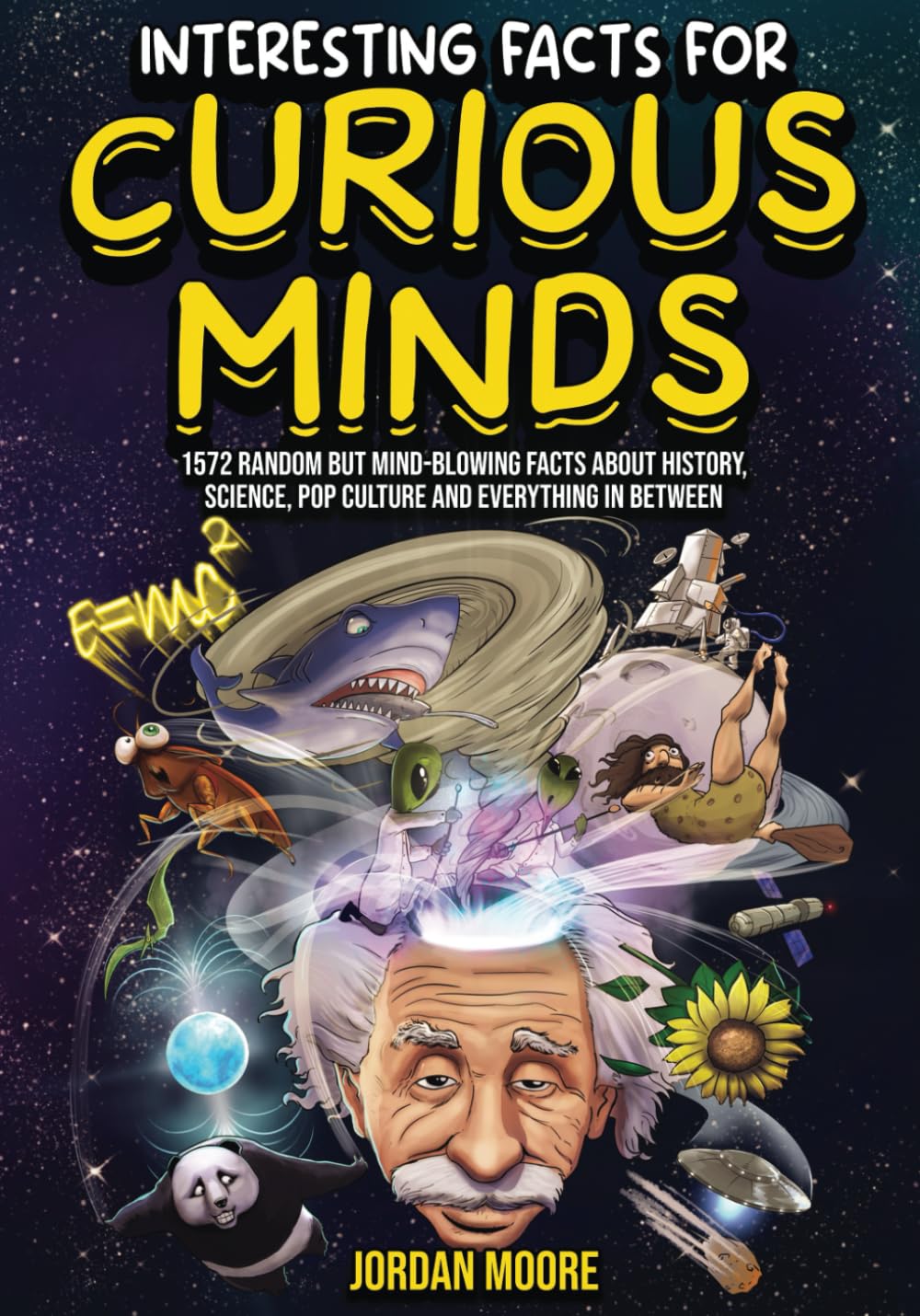
Interesting Facts For Curious Minds: 1572 Random But Mind-Blowing Facts About History, Science, Pop Culture And Everything In Between
Wunderkinder
byWunderkinder refers to young individuals with exceptional abilities or talents, and the term has become widely associated with child prodigies. Austrian composer Wolfgang Amadeus Mozart, for example, is often considered the archetype of a wunderkind, having begun composing music at the age of four or five. The German term “wunderkind” translates to “wonder child,” and it is commonly used in many languages to describe child geniuses. Mozart’s early musical genius and extraordinary ability to compose pieces at such a young age set the stage for what would later be known as “wunderkinder.” The phenomenon of young prodigies spans across various fields, including music, sports, mathematics, and art, and has continued to fascinate society for centuries.
The debate over whether prodigious talent is due to “nature” (genetics) or “nurture” (environment) has persisted for years, with recent studies suggesting a combination of both factors contribute to the development of such remarkable abilities. Many professional athletes, for instance, were child prodigies in their respective sports. Wayne Gretzky, a Canadian hockey legend, demonstrated his exceptional skills at the age of 10, where he scored 378 goals and made 139 assists against older children. Similarly, Edmund Thomas Clint, an artistic child prodigy from India, was able to create over 25,000 pieces of art before his tragic death at the age of six. These examples showcase how the combination of early exposure, natural talent, and dedicated training can help young individuals achieve extraordinary feats in their fields.
In the realm of intellectual prodigies, mental calculators, who are capable of performing complex mathematical calculations in their heads, often begin demonstrating these abilities as children. This skill is particularly fascinating because it shows how young minds can be trained to perform tasks that most adults would struggle with. Child geniuses like Michael Kevin Kearney, who graduated from high school at the age of six and later gained success through his participation in trivia game shows, demonstrate how early intellectual abilities can be harnessed for success. Similarly, Mozart’s older sister, Maria, was also a musical prodigy, though her talents were overshadowed by the social expectations of the time, forcing her to marry instead of continuing her musical pursuits. These stories reflect the untapped potential that many young individuals have, often constrained by societal norms or circumstances.
Some of the most infamous wunderkinder have had complex lives, such as Ted Kaczynski, who became the notorious Unabomber. Kaczynski, a mathematical genius, enrolled at Harvard University at the age of 16, but his later life took a dark turn. This example highlights how gifted children, while capable of achieving great things, may also face unique psychological or societal challenges that can shape their futures in unexpected ways. On the other hand, Bobby Fischer, who became the youngest chess grandmaster at age 15, used his intellectual prowess to achieve recognition and success on the global stage. Fischer’s story shows how the intense dedication and focus that often define wunderkinder can lead to remarkable achievements, although his personal struggles later in life also underscore the complexity of being a child prodigy.
The concept of savant is also closely linked with wunderkinder. In French, savant means a scholar or a genius, and in English, it refers to someone with extraordinary abilities in a particular area, often associated with savant syndrome. A 2014 study of child geniuses revealed that many of them shared certain characteristics, such as excellent memories and a meticulous attention to detail. These traits can often lead to remarkable accomplishments in areas such as mathematics, art, and music. The study highlighted that prodigies often exhibit intense focus and dedication to their craft, making them stand out in their fields at a young age. This focus can be both a blessing and a curse, as the pressure to perform can sometimes be overwhelming for young minds.
In the modern era, the advancement of education has also contributed to the development of wunderkinder, with programs like Advanced Placement (AP) and national spelling bees providing platforms for talented children to showcase their skills. The AP program, launched in 1955, offers college-level courses and exams to high school students, allowing them to gain advanced knowledge in subjects like mathematics, history, and science. The Scripps National Spelling Bee, which began in 1941, has become a prestigious event where children from across the country compete to display their linguistic mastery. These platforms offer young prodigies opportunities to shine in academic settings, encouraging them to further develop their talents and compete at higher levels.
The fascinating world of wunderkinder shows that extraordinary talent can appear in many forms, whether in the arts, intellectual pursuits, or sports. While some prodigies may find fame and success at an early age, others, like the tragic case of Edmund Thomas Clint, may not have enough time to fully realize their potential. Nevertheless, the stories of wunderkinder across history provide inspiration and hope for future generations, highlighting the power of early talent and the ways it can shape the world. The study of these young geniuses continues to offer valuable insights into human potential, reminding us of the importance of nurturing talent and creativity in all its forms.

